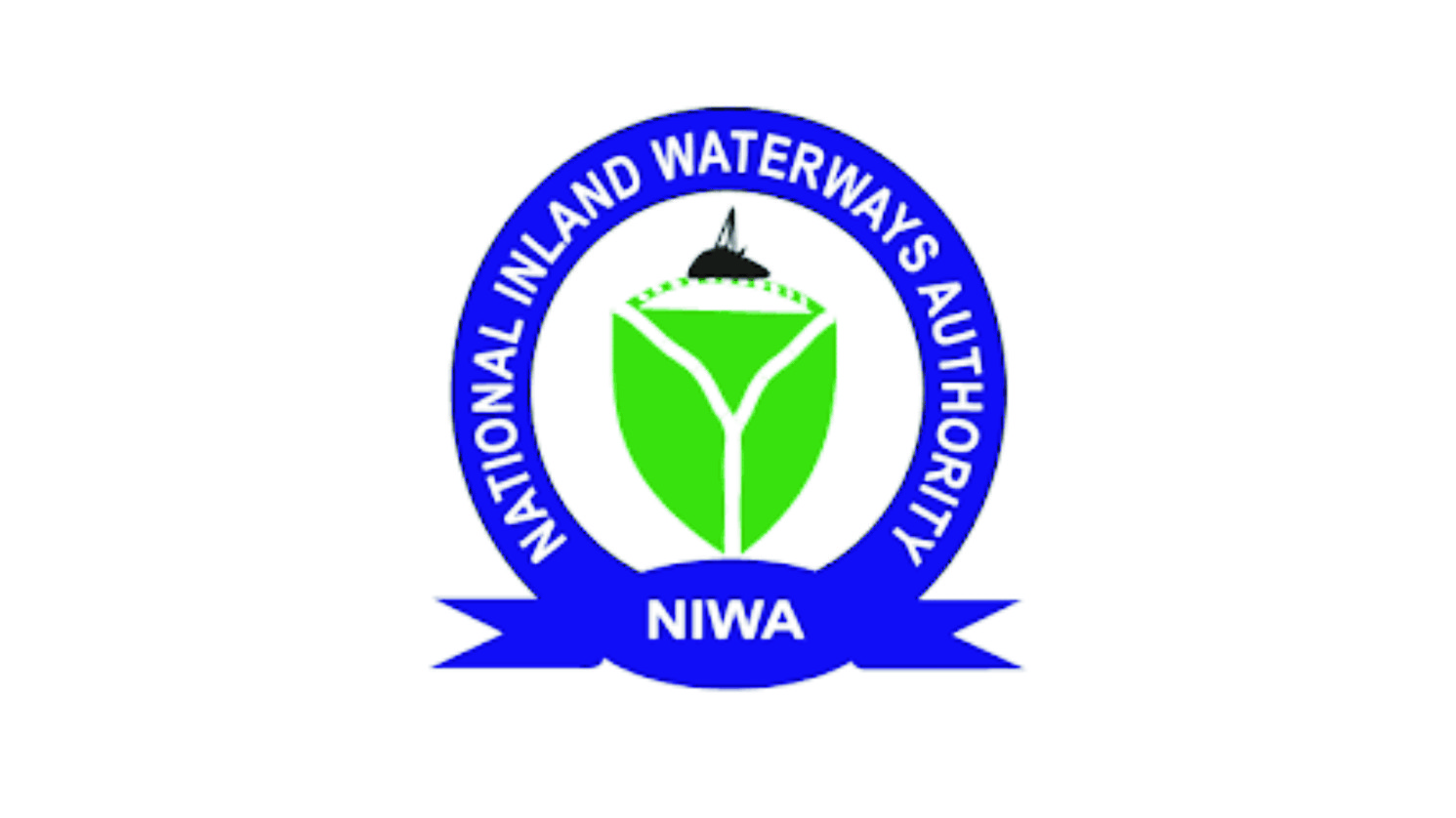Business
Paper Industry’s Economic Contribution Hits N398bn

The contribution of the paper industry rose to N398.8billion in 2023 from N356billion it recorded in 2022.
Chief Executive Officer of the Centre for the Promotion of Private Enterprise (CPPE), Dr. Musa Yusuf, disclosed this in a report released to mark the inauguration of World Envelopes Day in Lagos.
Marking the event, which also commemorated the 50th anniversary of envelope manufacturing firm, FAE Limited, Yusuf stated that the paper industry has a profound economic impact across all sectors of the economy.
He, however, noted that the growth in digital technology had greatly disrupted the sector, especially as a mode of communication.
“As of 2023, the value of the Nigerian paper industry was N398.8billion naira, according to the National Bureau of Statistics.
“The value was N365bn in 2022; N363 billion in 2021; and N255billion in 2020. This is a significant contribution to our GDP. However, when compared to the size of our economy, which is estimated at N230trillion as of 2023, it is still very small”, the CPPE boss stated.
Yusuf said the paper industry had been largely in recession because of the digital technology disruptions and other macroeconomic headwinds, especially relating to exchange rate depreciation, forex liquidity crisis and high cost of fund and energy cost escalation.
He emphasised that the paper industry had a profound economic impact across all sectors of the economy, which underscored the need for government intervention in the sector.
In her opening remarks, the Managing Director of FAE Limited, Funlayo Bakare, described World Envelopes Day as the brainchild of the company, which sought to set aside April 16 as a day to celebrate the fundamental role envelopes play in daily communication.
“As we celebrate our golden jubilee, we are delighted to announce the inauguration of World Envelopes Day, to be celebrated annually on the 16th day of April.
“This is a pioneering initiative by FAE Ltd in accordance with our leadership position in the sector.
“The establishment of World Envelopes Day is to raise awareness about the importance of envelopes in various aspects of human endeavour, including personal correspondence, business transactions, and creative expressions”, she said.
The Publisher of The Guardian Newspaper, Maiden Ibru, who chaired the occasion, stressed the need to strike a balance between digitalisation and physical paper production, especially due to the indispensable role paper plays in cultural preservation.
Nigeria once had three paper mills: the Nigeria Paper Mill Limited, located in Jebba, Kwara State; the Nigerian Newsprint Manufacturing Company Limited, Oku-Iboku, Akwa Ibom State; and the Nigerian National Paper Manufacturing Company Limited in Ogun State.
The mills are no longer operational, and the country has had to depend on importation to make up for the shortfall.
The Asset Management Company of Nigeria has taken over the management of NNMC over unpaid debts.
Business
NIMASA Commits To Creating Enabling Environment For Maritime Business

Business
FG Inaugurates Special Committee Against Boat Accident


